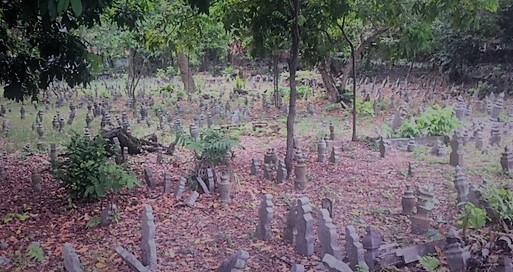A respondent car hire company being sued by the ACCC for unconscionable conduct has claimed that what the ACCC alleges were its intimidating and threatening emails sent to its customers have been deleted and cannot be retrieved.
The Judge was not convinced.
Judicial notice
After hearing expert evidence as to the nature of emails and their permanence or otherwise, the Judge said he ”considered that certain features of emails and computers are sufficiently notorious that I may take judicial notice of them [referring to other similar decisions]…
24 Those features are:
(1) when an email is deleted, it goes into a deleted items or trash folder from which it can easily be retrieved;
(2) it is possible to go into that folder and delete the email there (… deleting ‘from the deleted Items’);
(3) when an email is sent a copy is commonly stored in a ‘Sent Items’ folder. If that copy is to be deleted it is necessary to go into that folder, delete the email and then follow it to the trash and delete it there;
(4) similarly, if a file on a computer is deleted, it goes into a trash, deleted items or bin folder, from which it can easily be retrieved unless it is then deleted from that folder;
(5) emails are commonly received and sent in chains, in which an email on a particular subject is grouped with or replies and forwarding emails on the same subject. These groups of emails are often called ‘conversations’;
(6) email is a ubiquitous form of business communication and it is commonplace for individuals in businesses to receive many hundreds of emails per day; and
(7) it is common but not necessarily universal that businesses and those providing email service to them will keep backups of computer systems including email service.
The evidence
In this case, if the evidence of the respondents were to be accepted
[25] “in order to carry out the seemingly assiduous practice of destruction of documents to which they depose, the respondents would need to go into their email and document folders regularly and not only delete the emails and files, but follow them into the deleted items/trash folders and delete them there. They would also need to go into the sent items, delete those and similarly follow those into the trash to delete them there. They would need to be sure that all chains or conversations had been identified and deleted. ….
26 Nor are the reasons given for regularly following such a thorough practice of deletion of records persuasive. Many businesses receive hundreds of emails a day without having to purge them on an almost daily basis. …”
The orders and possible further orders
The Judge made further detailed orders for discovery of emails.
He also mentioned that the Court has power to go further, including by the making of an order under r 14.01 of the Federal Court Rules for the ACCC to be able to inspect computers, or the referral of the question of compliance with discovery obligations to a referee under s 54A of the Federal Court Act or r 28.61 of the Rules.
Australian Competition and Consumer Commission v Smart Corporation Pty Ltd [2019] FCA 1603



